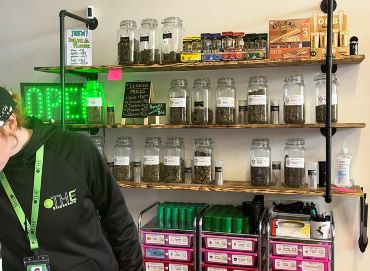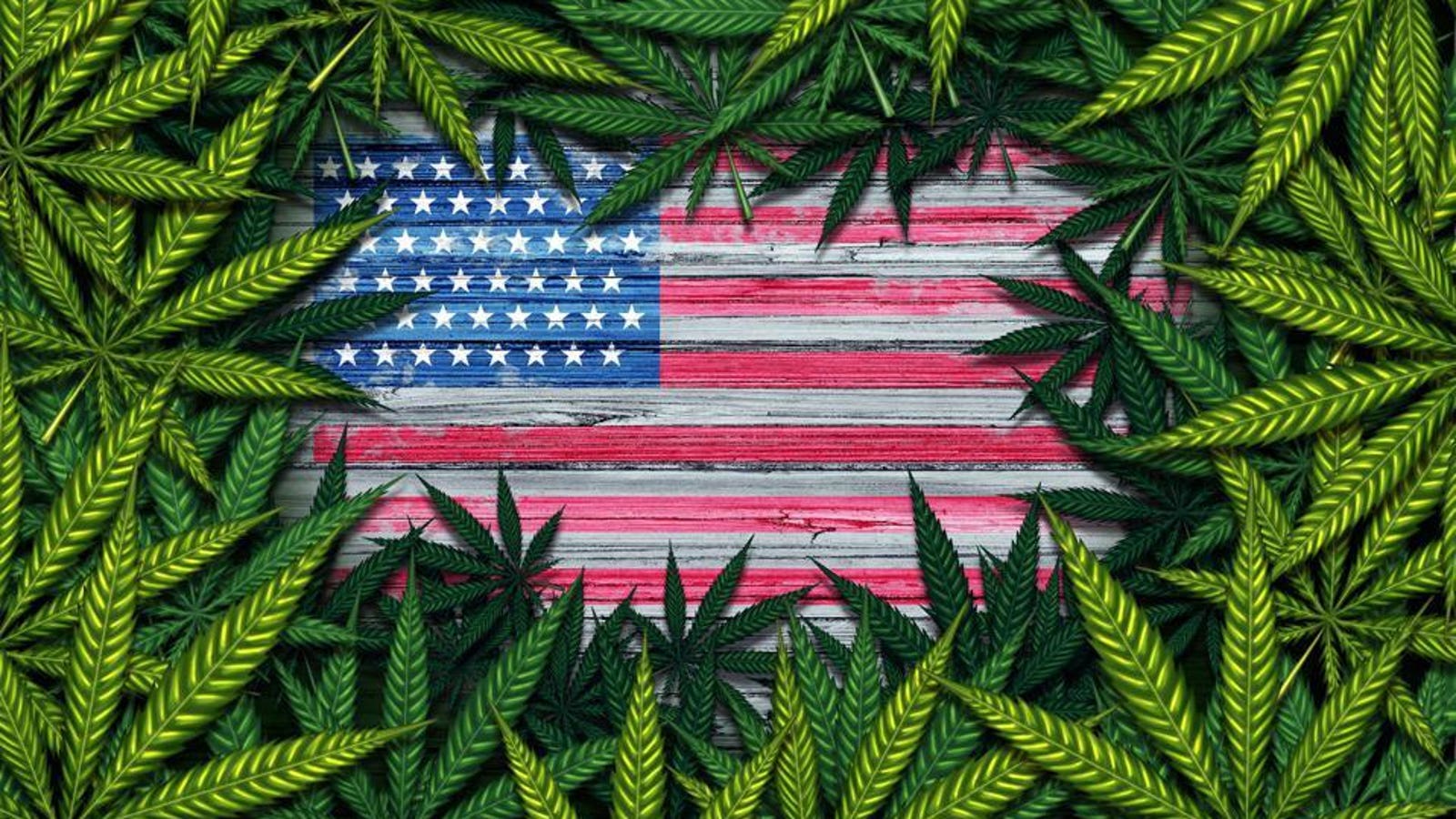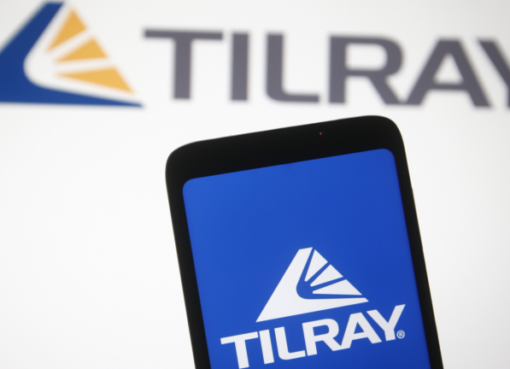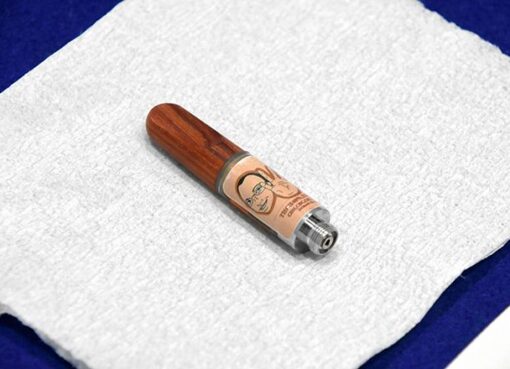Majority of Virginia Voters Support Recreational Cannabis

- A survey by Christopher Newport University’s Wason Center found that 58% of likely voters in Virginia support the creation of a recreational cannabis retail market. Democrats and independents showed stronger support at 76% and 59% respectively. It is suggested that whether or not a recreational market is established may depend on which party gains control of the General Assembly under the current governor.
- A study by the 2020 Joint Legislative Audit and Review Commission predicted that a recreational cannabis market could generate between $31-$62 million in tax revenue in the first year, and potentially up to $308 million by the fifth year. Recreational cannabis also has the potential to slightly surpass the illegal market in sales by the fourth year of legalization. Lawmakers have proposed a 21% tax on the product which critics argue will drive the illegal market. Currently, medical marijuana is not taxed in Virginia.
- Despite the potential for substantial tax revenue, there are opponents to the commercial sale of cannabis. Del. Bobby Orrock, who voted against a bill to create an adult-use sales market, expressed skepticism over the benefits of a legal cannabis market, citing increased black market activity in other states as an unintended consequence of taxation. He also highlighted Governor Glenn Youngkin’s opposition to legalizing recreational marijuana, suggesting that the governor’s position is unlikely to change regardless of the election outcome.
58% Favor Commercial Retail Sales, says Wason Center Poll

An employee measures cannabis flowers at The Dispensary in Richmond. Photo by Josephine Walker, Capital News Service.
Virginia lawmakers face decisions on establishing a recreational cannabis retail market. The outcome largely depends on who gains control of the General Assembly. A recent Wason Center survey at Christopher Newport University reveals 58% of likely voters support retail sales. The support is notably higher among Democrats (76%) and Independents (59%) than Republicans.
A recreational market could generate millions in tax revenue. A 2020 Legislative Audit and Review Commission study projects earnings between $31-$62 million in the first year. By the fifth year, commercial marijuana sales could produce $154-$308 million, even surpassing the illegal market. However, earlier attempts to create an adult-use sales market have failed.
Legislators proposed a 21% tax on the product, which critics argue would fuel the illegal market. Conversely, medical marijuana is tax-free in Virginia. The potential tax revenue could significantly support pre-K expansion and scholarships for foster youths. Colorado has already generated over $2.5 billion in tax revenue from recreational cannabis since collections started in 2014.
Colorado’s marijuana tax revenue is allocated to local and state government, a public school fund, and a marijuana tax cash fund. Their 15% marijuana excise tax directly contributes the first $40 million to school construction.
Delegate Bobby Orrock, who opposes the commercial sale of cannabis, endorses medical cannabis. Orrock requested a market study from the Cannabis Control Authority to assess the feasibility of adding licenses to the existing medical cannabis program. Their study and recommendations are expected on Nov. 30.
Despite other states benefitting from marijuana sales, Orrock remains skeptical. He believes that high taxation encourages black market activity. Governor Glenn Youngkin, who has previously expressed disinterest in legalizing recreational marijuana, is unlikely to change his stance, regardless of the election outcome.
Alex Keena, an associate professor of political science at Virginia Commonwealth University, states that if Republicans take control, they’re likely to rollback decriminalization. Keena suggests that the Democrats’ intent was to pass cannabis laws and iron out the details later.
Keena points out that the electorate mostly comprises older Americans, particularly Republicans. These voters may view cannabis as no different from cocaine or heroin. Even if Democrats maintain a majority in both the House and Senate, a recreational cannabis market is improbable under Youngkin’s administration.
Election Day is Nov. 7. Early in-person voting concludes at 5 p.m. on Saturday, Nov. 4.
—
Read More Cannabis News



Leave a Comment